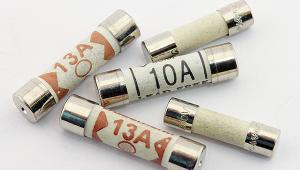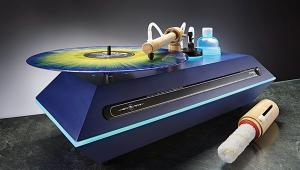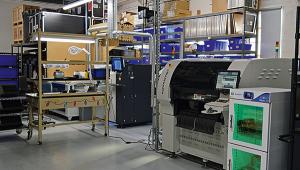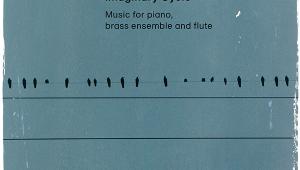A call to arms
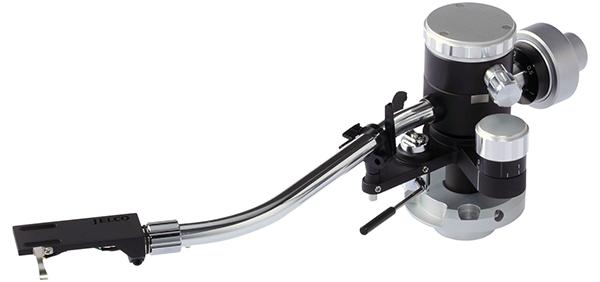
While the Covid pandemic didn’t kill the vinyl revival, it sealed the fate of Japanese tonearm and cartridge maker Jelco. Steve Harris salutes the family firm famous for its ‘knife edge’ bearings
At the end of 2024, the British Phonographic Industry – trade body for UK record companies – was able to report the first increase for two decades in total physical music sales, by 1.4% year on year. This was because CD had declined more slowly (by 2.9% this time as compared to a 6.9% drop in 2023) while vinyl sales had grown once again (by 9.1% year on year).
And we’re still seeing a flood of new entrants in the business of building turntables, arms and cartridges – a field where it once seemed that the art and expertise needed to make the things would soon be lost forever. There was a time when Ortofon, which in the early 1990s seemed to be selling more DJ cartridges than hi-fi ones, proclaimed its intention of becoming the last cartridge manufacturer standing as others fell steadily by the wayside.
End of an era
So spare a thought for one particularly venerable Japanese company that didn’t make it through the pandemic. Founded in 1920, the Ichikawa Jewel Co began as a supplier of jewel bearings for watches. By the 1970s, trading as Jelco, it had become a prolific supplier of tonearms and cartridges to the booming hi-fi industry. But in the spring of 2020, this 100-year-old firm closed its doors.
Writing to Jelco’s international distributors, and thanking them for their support over the years, president and CEO Takako Ichikawa explained that the coronavirus pandemic was having a ‘significant impact’ on production and that Jelco was being terminated.
He went on: ‘For the past few years, the business has endured a decline in labour productivity due to health issues arising from our ageing skilled engineers. Furthermore, due to our obsolete mechanical equipment, performing maintenance... has become difficult’.
In the preceding decades, Jelco had manufactured tonearms for a host of well-known hi-fi companies, including Linn, Mission, Oracle, Roksan and Sumiko, and some of its own designs appeared under many different brand names. But, especially in the 2000s, Jelco also supplied tonearms to be sold to end users under its own name.
On the edge
In 1977, Mr Yoshitomo Ichikawa had patented his ‘cross-suspension’ system, using single-point bearings for both vertical and horizontal movement. This was used in many of Jelco’s tonearms, including the flagship SA-750. But the brand’s last new top models, the TK-950 and TK-850, instead used hardened steel knife-edge bearings for vertical motion, combined with point bearings for the horizontal plane.
There was nothing new about knife edges, of course, as they’d been used by SME since 1959. Lenco of Switzerland also used knife edges, but its bearings were made of a rubber-like material that deteriorated over time, and this was the Achilles’ heel of the otherwise excellently engineered Goldring-Lenco GL75, as it was known in the UK.
Weight gain
Detractors used to claim that knife edges would chatter in use, but this seems to be unproven, at least in a modern hi-fi context. However, I know that at Abbey Road Studios in the 1980s, 78s were transcribed for restoration using an SME 3009 arm which had a kind of gantry added over the bearing housing.
No one could explain this to me at the time, but it seemed to be there to bring extra weight to bear on the knife edges. The cartridges used were old-style Ortofon mono heads that tracked at a hefty several grams.
Jelco’s TK-950 tonearm came in 12in or 9in forms, while the TK-850 was also available in the 10in length much favoured in Japan. Finally, there were Mk II versions, featuring improved silver-plated wiring and so, in all likelihood, Jelco’s arms will retain a following for years to come. Until its closure, it was also an important manufacturer of cartridges. But that's another story.

